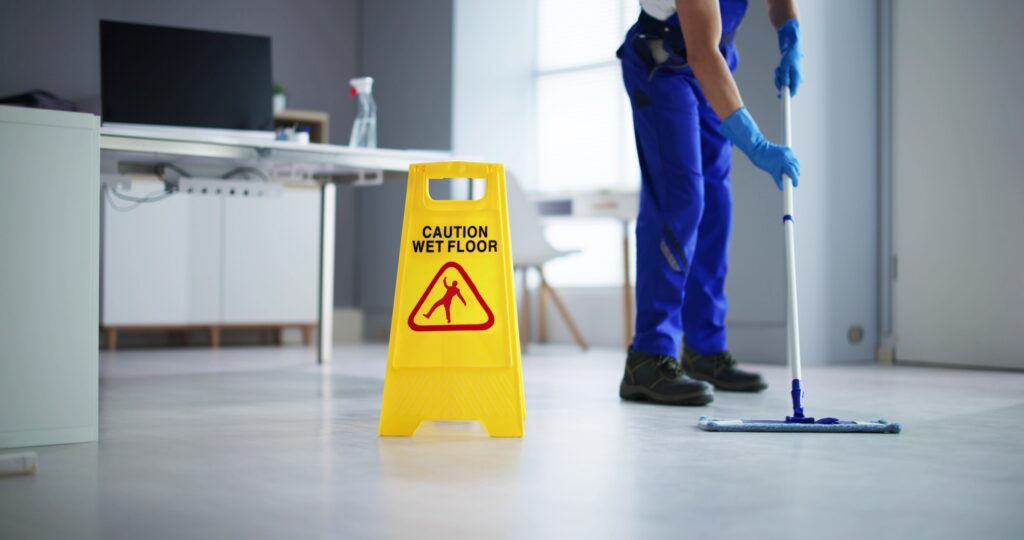
Every day in Philadelphia, one or more residents are injured in a slip and fall accident. An icy sidewalk, neglected handrail, or torn carpet can quickly lead to disaster. When it comes to pursuing damages for injuries caused by a slip and fall in Philadelphia, proving liability is a crucial part of ensuring you’re fairly compensated. It’s important to know Pennsylvania’s premises liability laws when you pursue justice for your injuries. Keep reading to learn more about what part liability plays in a slip and fall case and how you can seek justice for your injuries.
Understanding Liability in Slip and Falls
In Philadelphia, premises liability laws state that property owners have a duty to maintain a standard of safety, including preventing any predictable accidents. The property owner is required to be aware of any dangerous conditions, or the potential for such conditions, on his or her property. Notice of the danger must be clearly displayed with plans or actions being taken to fix the problem. Fo
Evidence
Documentation is key in proving liability in a personal injury case such as a slip and fall. If possible, gather as much evidence of the location where the slip and fall occurred; pictures, videos, eyewitness accounts, and a written statement can all help to prove your claim. No matter the type or severity of your injury, you should keep all paperwork associated with your treatment such as doctor’s statements and medical bills. Keep track of all damages caused by the injury: lost wages, pain and suffering, medical costs, and more.
Comparative Negligence
When establishing liability, it’s important to know that Philadelphia utilizes comparative negligence when determining fault in many personal injury cases. When injury or property damage occurs in a car accident or slip and fall, courts can assign blame to one or more parties by a percentage. That means that you can be assigned partial fault if your actions contributed to the accident. For instance, you weren’t looking where you were walking and tripped, an investigation will conclude that you played some part in causing your injuries. A court can determine you were 30% at fault, which means that you’re only entitled to compensation for 70% of your damages. Evidence can play an important role in establishing fault because it can provide proof of your side of the case.
Common Slip and Fall Injuries
A slip and fall can happen at any time, and often, comes unexpectedly. Often, Philadelphia cases often happen at places like at work, a restaurant, or a grocery store. Slip and fall injuries can vary by severity; it doesn’t take much force to break a bone or Other common slip and fall injuries include:
- Scrapes and bruises
- Head and neck injuries
- Traumatic Brain Injuries (TBI)
- Bone fractures
- Sprains
- Soft tissue damage
In addition to injuries, slip and fall accidents may cause property damage. You may have shattered your phone screen or broken your sunglasses during the fall, and you may be able to claim them as damages in your case.
Take the Next Step After Your Slip and Fall Injury
If you were injured in a Philadelphia slip and fall accident, you should discuss your situation with a knowledgeable Pennsylvania attorney. During a consultation with the Jason Javie Law Office, you can discuss the circumstances of your case and learn more about all of your legal options. Our team helps with every step of the process with a tailor-made strategy suited to your specific case. Contact us today to talk about how we can help with you slip and fall case.
